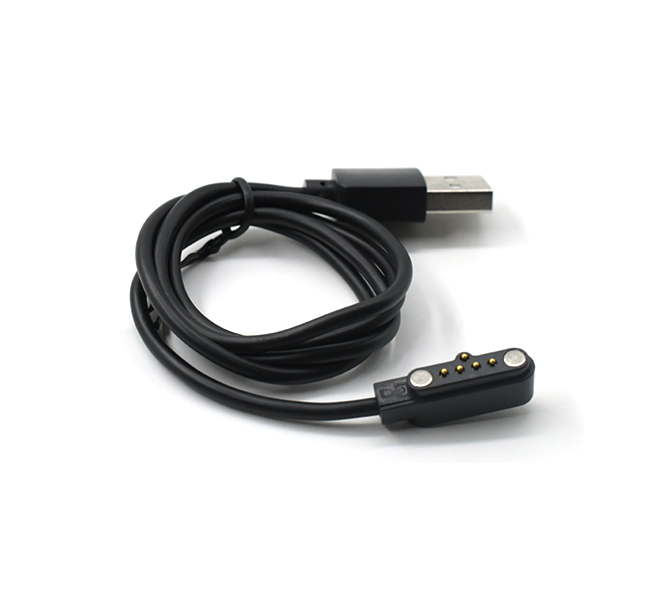Time:2025-05-15 Views:1 source:News

When it comes to dense wiring applications, selecting the right pogo pins is essential to ensure reliable connections, efficient space utilization, and ease of installation. Several factors need to be considered when choosing pogo pins for such scenarios.
First and foremost, the size of the pogo pins is a critical factor. In dense wiring environments, space is often limited, so smaller-sized pogo pins are preferred. Miniature pogo pins with compact designs can be used to fit into tight spaces without sacrificing performance. These pins typically have smaller diameters and shorter lengths, allowing for a higher density of connections on a circuit board or in a connector. However, it's important to ensure that the reduced size does not compromise the electrical conductivity or mechanical strength of the pins.
The pitch, which refers to the distance between the centers of adjacent pogo pins, is another crucial consideration. For dense wiring, a smaller pitch is required to accommodate more pins in a given area. Pogo pins with pitches as small as 0.5mm or even less are available, enabling highly dense arrays of connections. But a smaller pitch also means that the manufacturing tolerance requirements are more stringent, and careful handling during installation is necessary to avoid short circuits or misalignments.
Electrical performance is also of utmost importance. Pogo pins for dense wiring should have low contact resistance to ensure efficient signal transmission and power delivery. They should be able to handle the required current and voltage levels without overheating or causing signal degradation. Additionally, the insulation materials used in the pins should have good electrical properties to prevent interference between adjacent pins.
Mechanical durability is another aspect to consider. In dense wiring applications, the pogo pins may be subjected to repeated insertions and removals, as well as mechanical stresses from vibration and handling. Therefore, pins with high-quality materials and robust construction are preferred. Stainless steel or hardened brass barrels, along with durable springs, can ensure that the pogo pins maintain their performance and reliability over an extended period. By carefully evaluating these factors, engineers can select the most suitable pogo pins for dense wiring applications, enabling the development of compact, high-performance electronic systems.
Read recommendations:
High quality magnetic connector supplier
Reliable contact force Magnetic PogoPin
Why do new energy vehicles at this stage use AC charging piles?